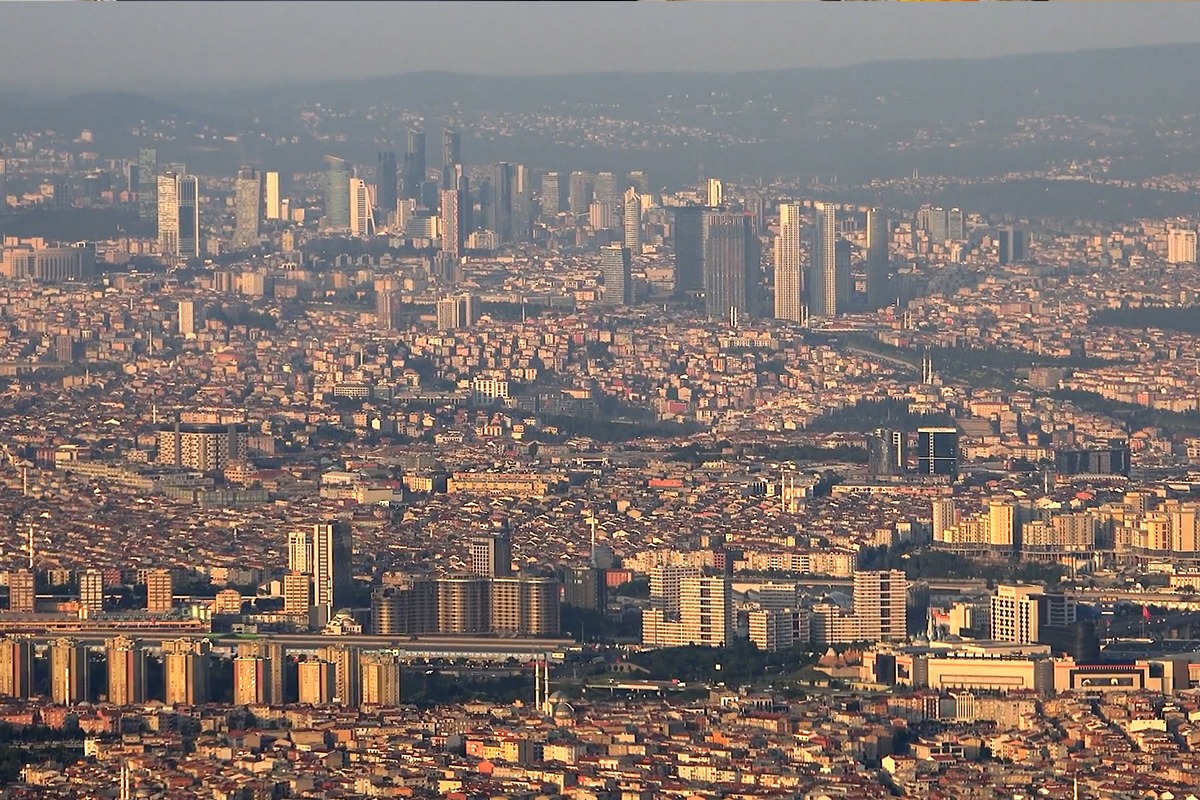

In a first-of-its-kind initiative of the Office of the Principal Scientific Adviser to the Government of India, DRIIV will conduct a technology-based pilot project called Project SAMEER (Solutions for Air-Pollution Mitigation through Engagement, Engineering, and Research) in Delhi-NCR, from November 2022 to February 2023.

In a first-of-its-kind initiative of the Office of the Principal Scientific Adviser to the Government of India, DRIIV will conduct a technology-based pilot project called Project SAMEER (Solutions for Air-Pollution Mitigation through Engagement, Engineering, and Research) in Delhi-NCR, from November 2022 to February 2023.
This unique initiative will bring together local government authorities, IIT Delhi researchers, tech startups, corporates, NGOs and communities to collectively address the air pollution menace during the winter season.
Prof Sagnik Dey, institute chair professor, Center for Atmospheric Sciences, IIT Delhi, will assess the impact of the technological interventions made under Project SAMEER to fight air pollution.
Prof Dey, while speaking on the initiative, said, “Air pollution is the largest environmental and health concern in India. It is connected with almost all SDGs, like economic growth, health burden, cognitive impairment, loss in solar power (1 GW) due to aerosol, climate change, etc. Without public support, mass awareness, and technological interventions, the issue of air pollution cannot be resolved.”
“As part of project SAMEER, we will explore the impact of various air pollution mitigation technologies at hotspots in the Delhi-NCR and promote clean air practices,” says the professor.
A three-pronged approach will be taken for this pilot project. It involved awareness and community engagement, where doctors and health practitioners will engage with communities such as farmers, school and college students, RWAs, urban slums and others to create awareness about the adverse health impact of air pollution.
Secondly, science and technology interventions will be there to monitor and reduce PM 2.5 and PM 10 levels based on technological solutions.
Lastly, senior leaders from the industry will be mobilised to adopt and support technological solutions to environmental problems.
These solutions will be deployed in high AQI areas of Delhi and Gurugram as a pilot project to assess their efficacy.
IIT Delhi’s Arun Duggal said that the Centre of Excellence for Research in Climate Change and Air Pollution (CERCA), which is one of the country’s important think tanks in the air pollution space, will be partnering with DRIIV in this endeavour.
A report published by ARAI and TERI on source apportionment shows that industrial activities emerged as the greatest contributors to Delhi’s noxious air quality, closely followed by road dust and transportation, requiring immediate redressal.
Stressing the importance of working together, DRIIV CEO and MD Shipra Misra adds, “Technology solutions are available with us that can not only provide clean air but also address other SDG issues such as water security, waste management, green energy, healthcare for all, etc. However, it requires collective effort and strong will to implement these solutions.”